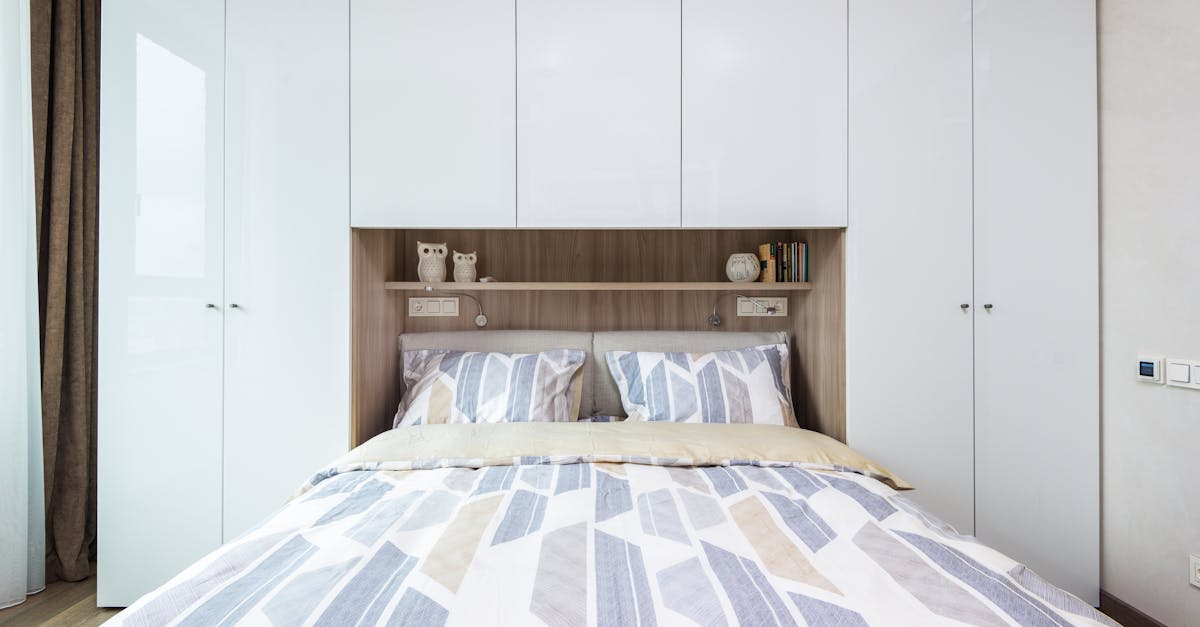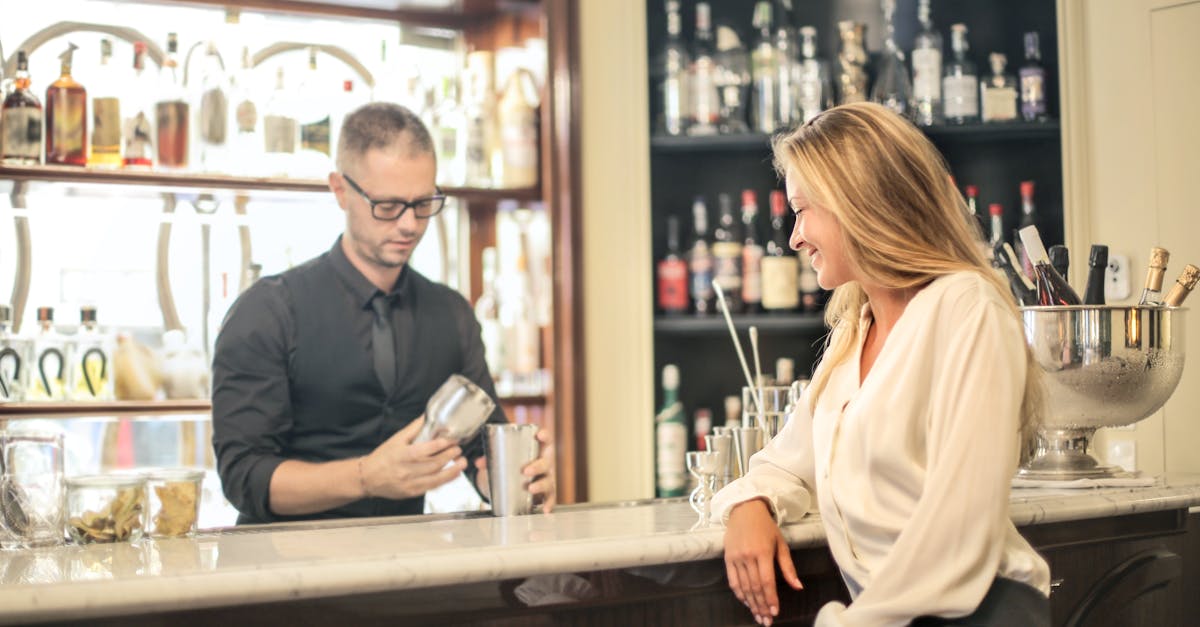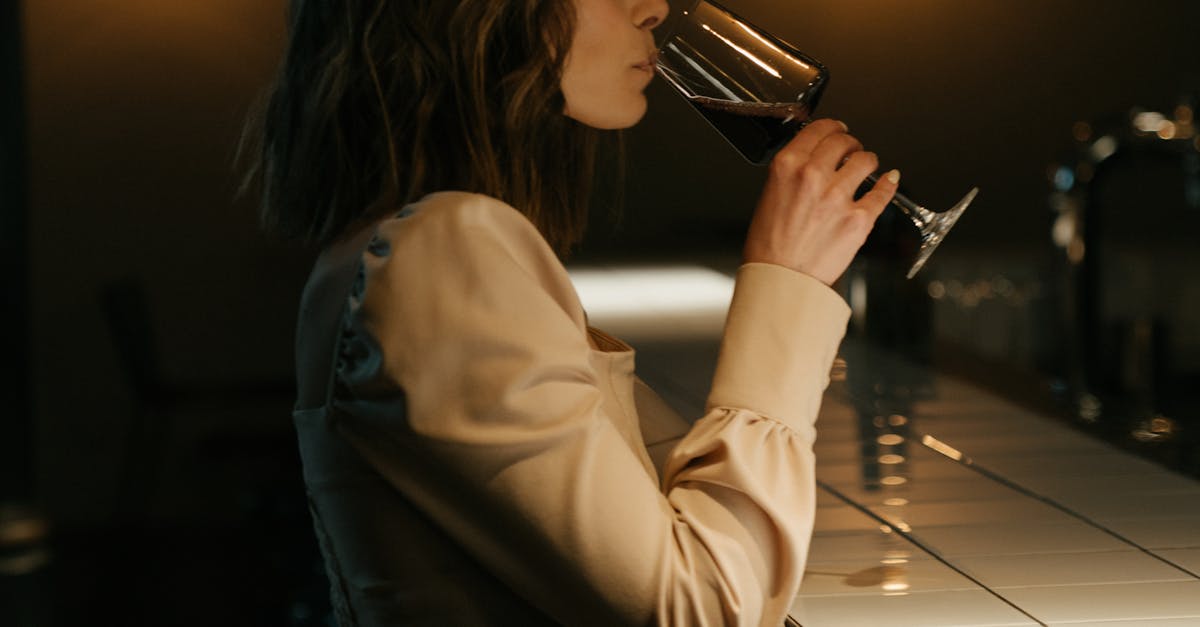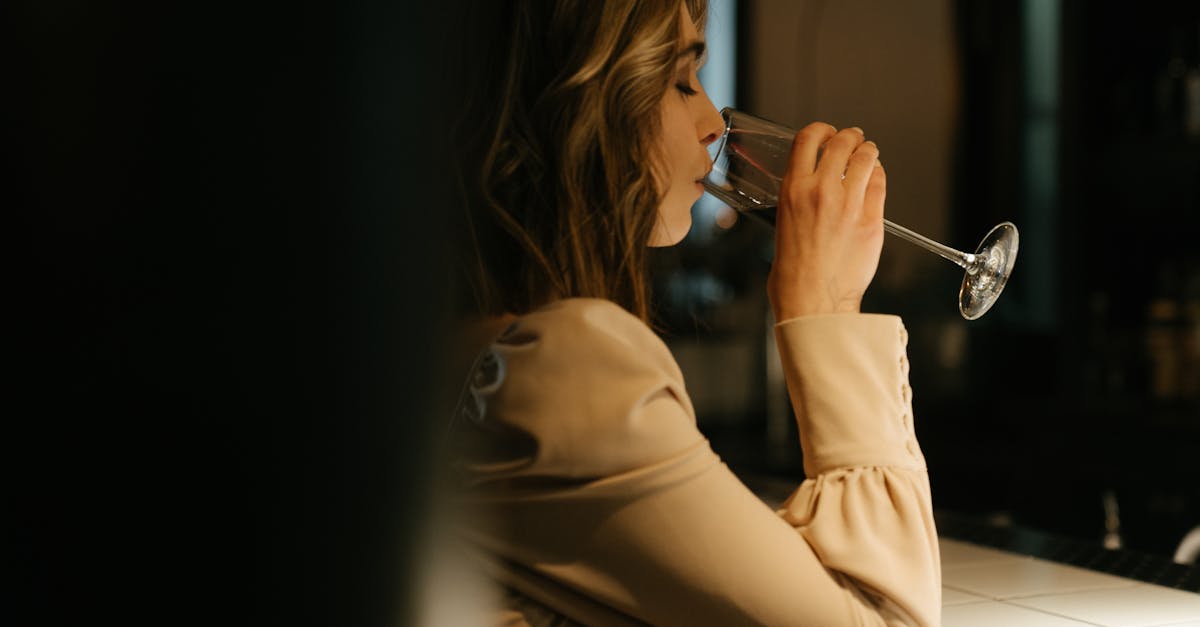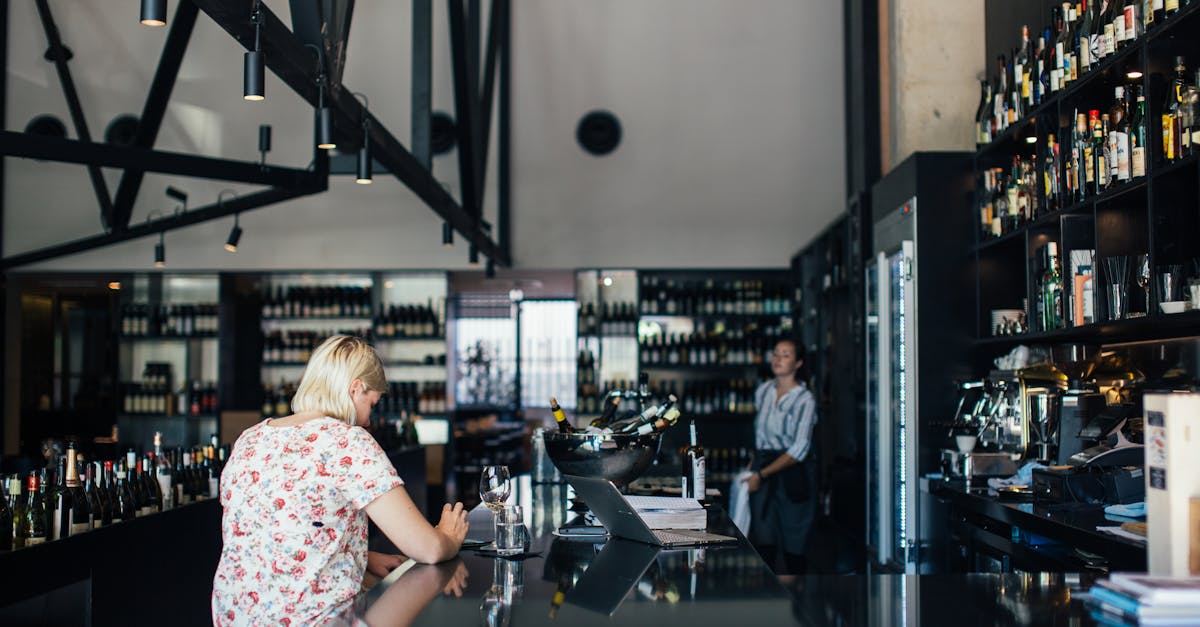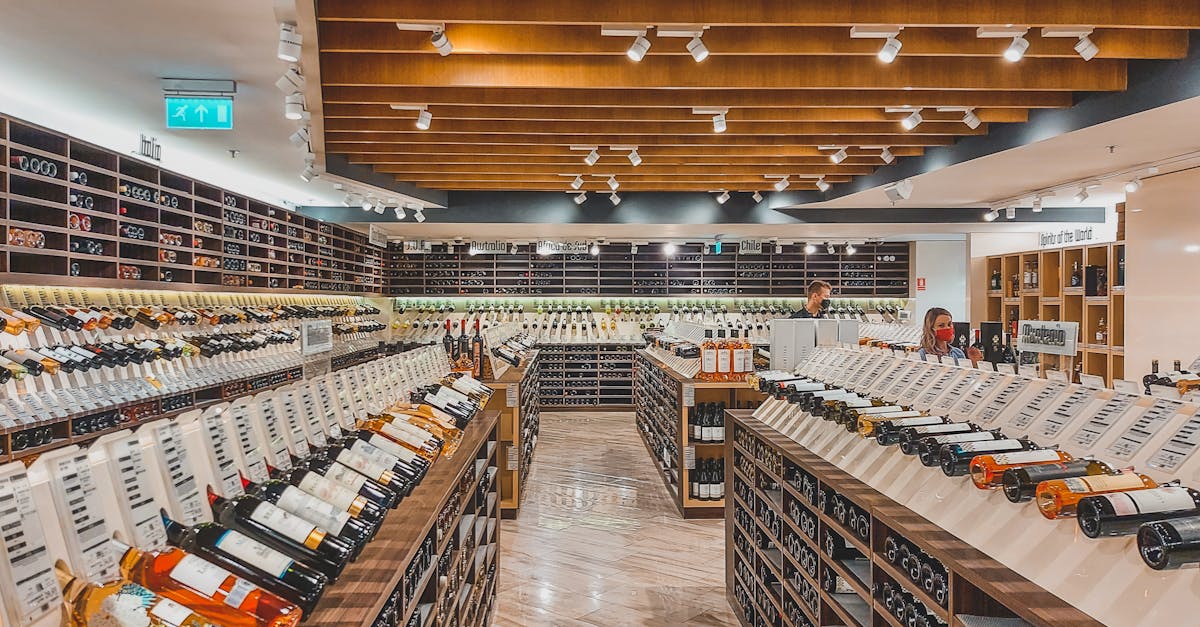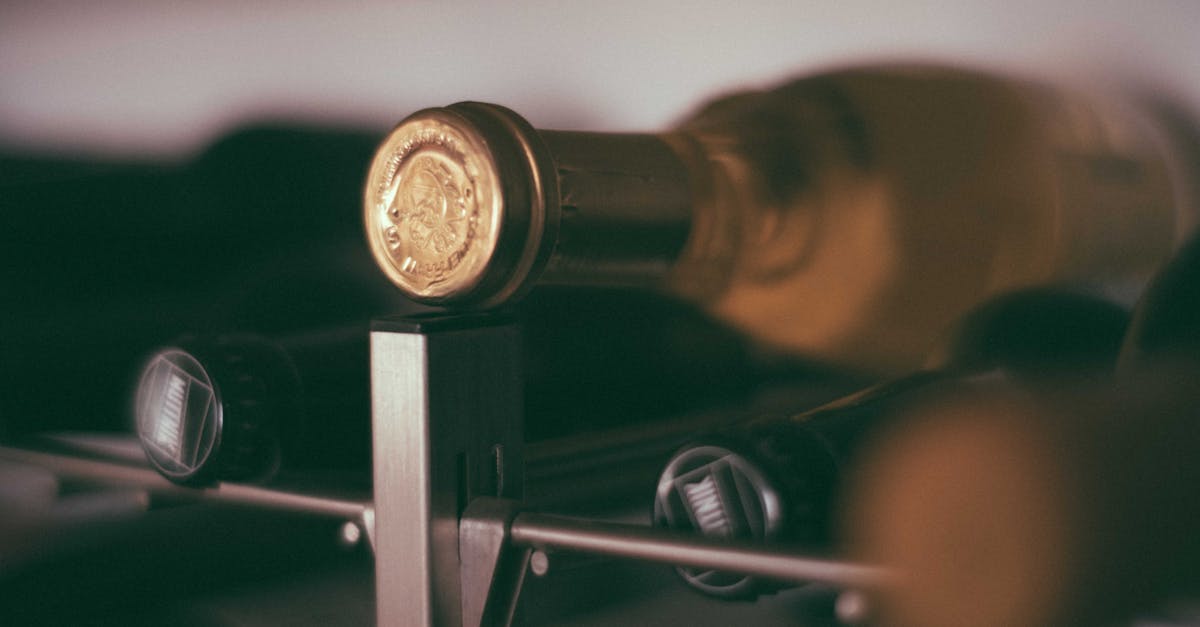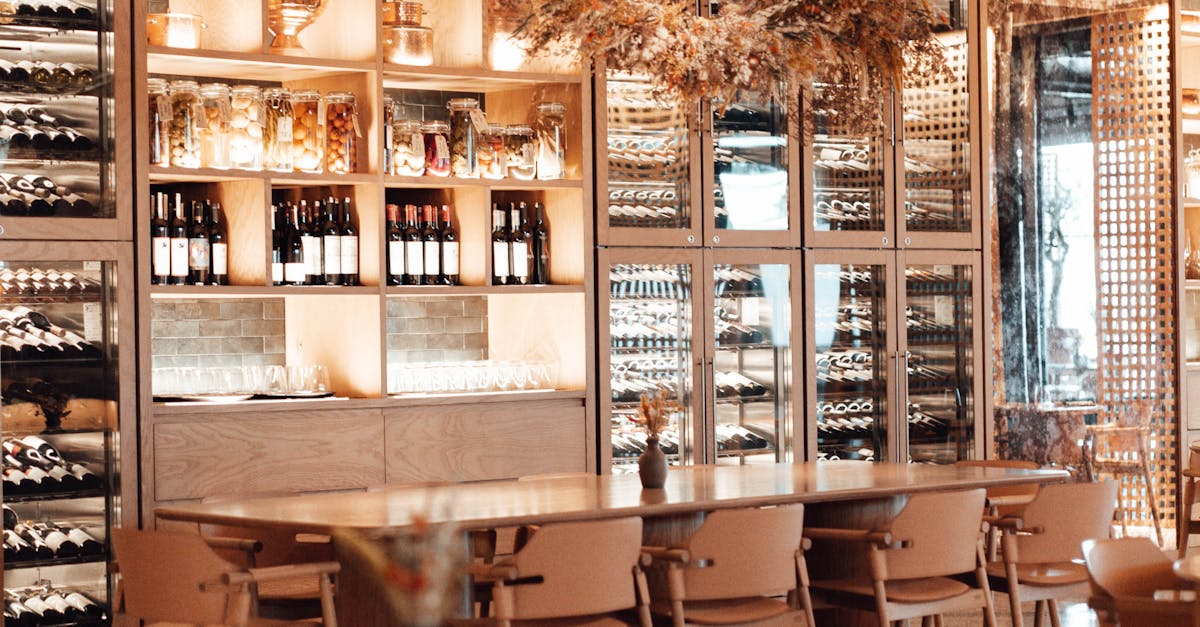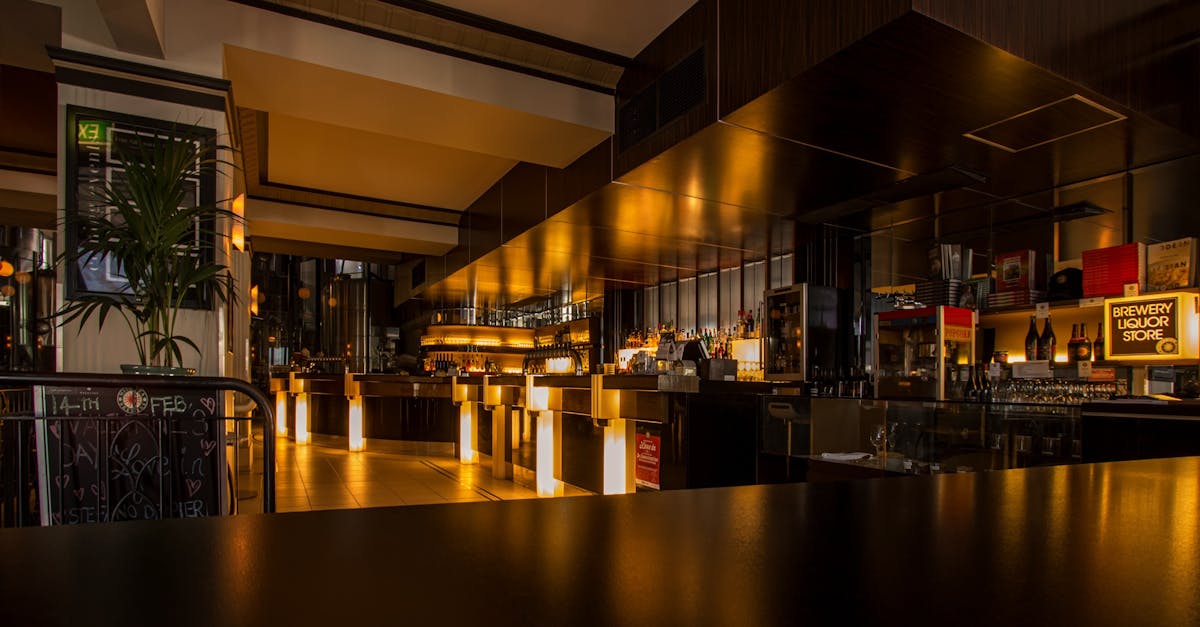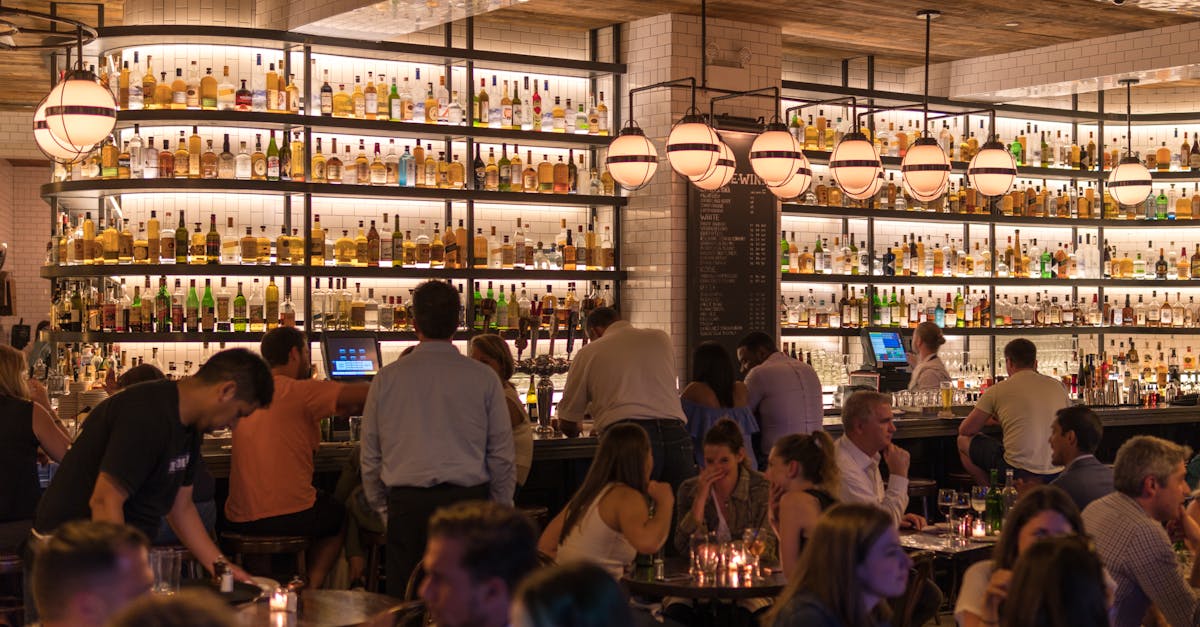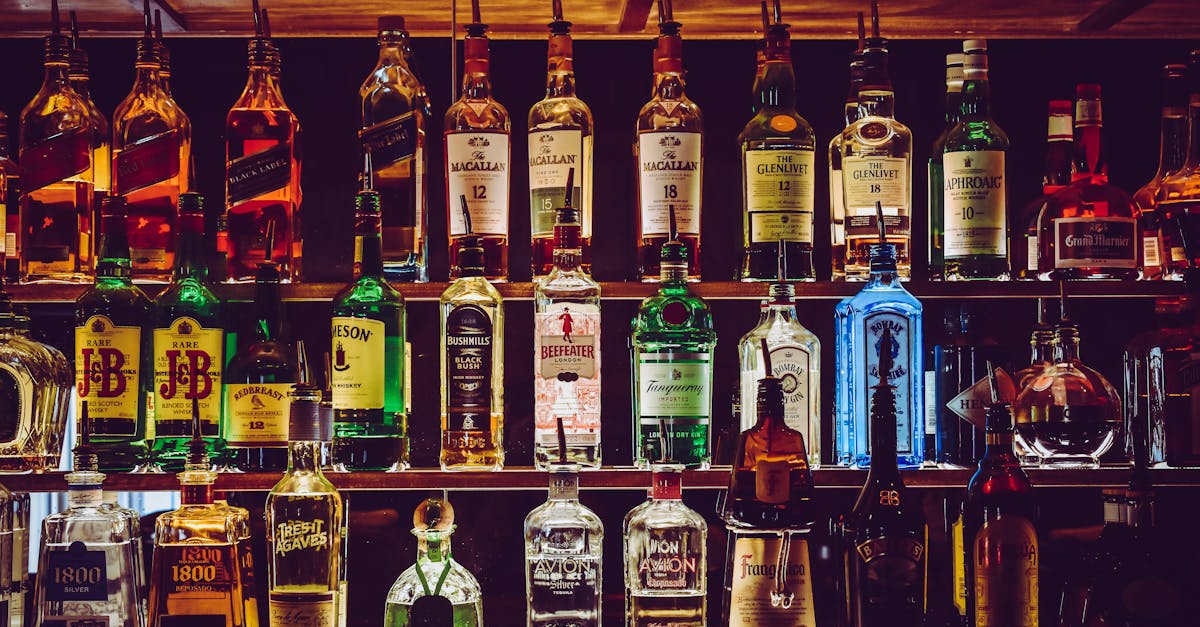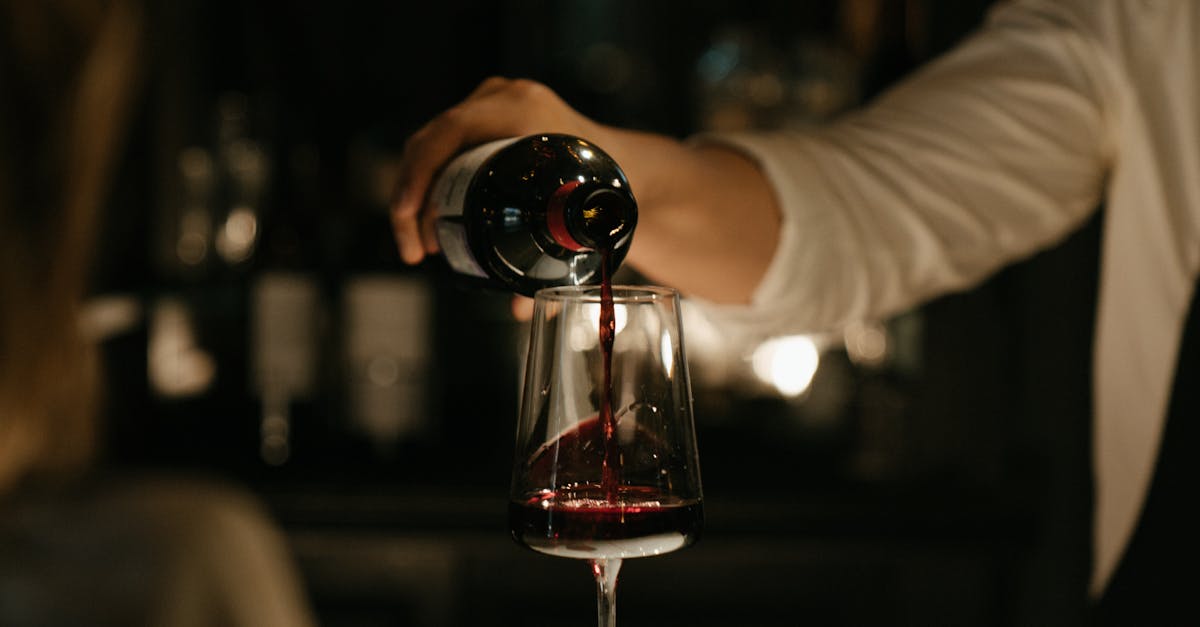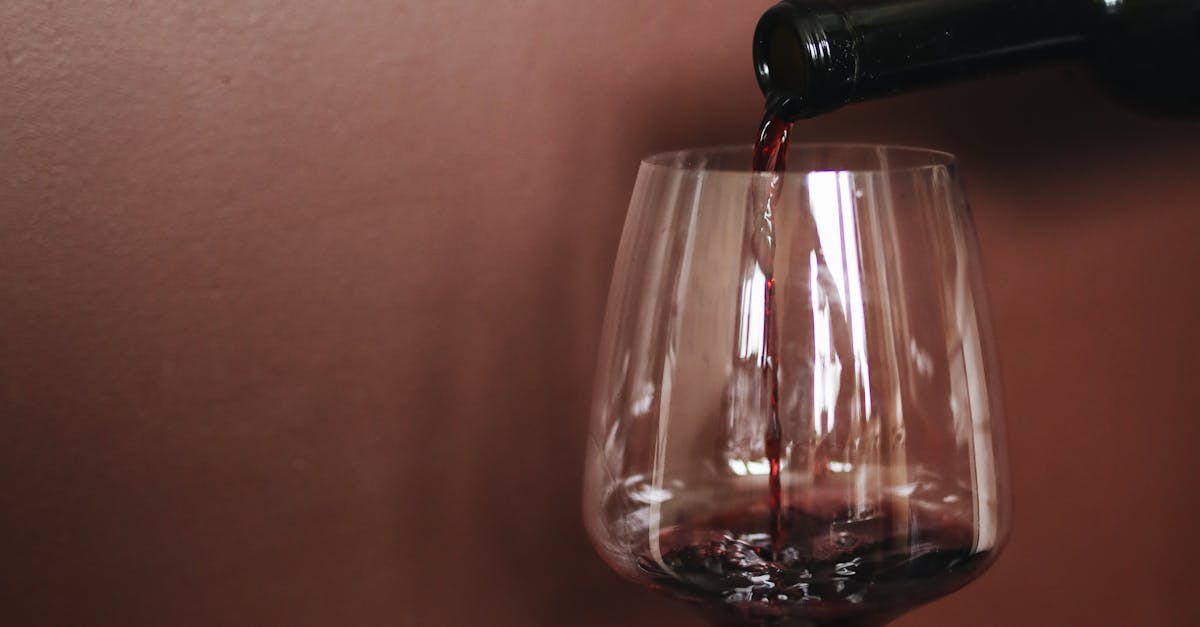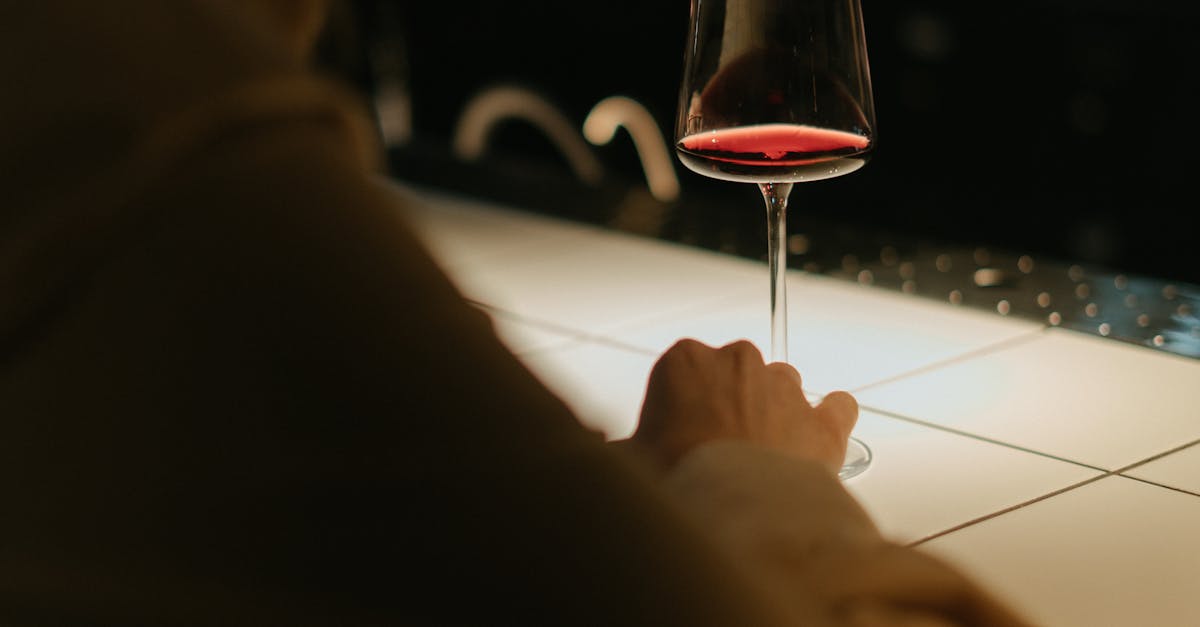
Table Of Contents
Risks of Not Insulating Your Wine Cellar
Insulating your wine cellar is crucial to maintain the ideal environment for wine storage. Without proper insulation, your wine cellar is at risk of fluctuating temperatures, which can damage the quality of your wine over time. Custom Bars and Wine Cellars recommends insulating your wine cellar to prevent temperature fluctuations that can cause the wine to age prematurely or develop off-flavors, ultimately impacting its overall taste and quality.
Additionally, not insulating your wine cellar can lead to increased energy costs as your cooling system works harder to regulate the temperature in an uninsulated space. This inefficiency can result in higher electricity bills and added strain on your cooling unit, potentially shortening its lifespan. By investing in insulation for your wine cellar, you can create a stable and energy-efficient environment that will protect your wine collection for years to come.
Fluctuating Temperatures
Fluctuating temperatures can have a significant impact on the quality and longevity of the wines stored in your cellar. Custom Bars and Wine Cellars emphasizes the importance of maintaining a consistent temperature within your wine storage space to prevent premature aging of your collection. Fluctuations in temperature can cause the wine to expand and contract, potentially compromising the integrity of the cork and allowing air to seep into the bottle, leading to oxidation and spoilage.
Moreover, rapid temperature changes can also trigger chemical reactions within the wine itself, altering its flavor profile and overall characteristics. It's essential to invest in proper insulation for your wine cellar to regulate temperature fluctuations and create a stable environment for your wines to age gracefully. Trusting the experts at Custom Bars and Wine Cellars can ensure that your collection is well-protected against the negative effects of inconsistent temperatures.
Common Misconceptions About Wine Cellar Insulation
Common misconceptions about wine cellar insulation have led many to believe that insulating can create an environment prone to mold growth. However, when done correctly by utilizing proper materials and installation techniques, insulation can actually help regulate humidity levels and prevent mold from developing within the cellar. Custom Bars and Wine Cellars emphasizes the significance of conducting thorough research and consulting with professionals to ensure that insulation is beneficial and not detrimental to the wine cellar environment.
Another common misconception is that insulation can be detrimental to the overall aesthetic appeal of a wine cellar. Some fear that it will detract from the visual appeal or ambiance of the space. Yet, with advancements in insulation materials and techniques, there are numerous options available that can seamlessly blend with the cellar's design while maintaining optimal temperature and humidity levels. It is crucial to consider both functionality and aesthetics when choosing the right insulation for your wine cellar to ensure that it enhances the overall experience of storing and aging your wine collection.
Insulation Causes Mold Growth
Insulation in wine cellars is often associated with the misconception that it leads to mold growth. However, this assumption is not entirely accurate. Properly installed insulation in wine cellars, such as those designed by Custom Bars and Wine Cellars, can actually help maintain stable humidity levels, reducing the risk of mold formation. Mold tends to thrive in environments with excessive moisture and poor ventilation. By using insulation materials that are resistant to mold growth and ensuring proper airflow within the cellar, you can prevent this issue.
When considering insulation for your wine cellar, it is crucial to choose high-quality materials and work with experienced professionals like Custom Bars and Wine Cellars. These experts can provide guidance on the most suitable insulation options that will not only preserve the desired temperature and humidity for wine storage but also protect against mold development. By addressing ventilation, moisture control, and insulation selection, you can create an environment that safeguards your valuable wine collection without promoting mold growth.
Maintenance Tips for Insulated Wine Cellars
Maintenance is crucial for keeping your insulated wine cellar in top condition. One important tip is to regularly monitor the temperature inside the cellar. Invest in a reliable thermometer and check it frequently to ensure that the temperature remains consistent. Fluctuations can negatively affect the quality of your wines, so it's essential to keep a close eye on this aspect of your cellar's environment.
Additionally, make it a habit to inspect the insulation for any signs of wear or damage. Over time, insulation can deteriorate, compromising its effectiveness. By regularly examining the insulation, you can catch any issues early on and address them promptly. Custom Bars and Wine Cellars recommends proactively maintaining your wine cellar to preserve the ideal storage conditions for your precious wine collection.
Regular Temperature Monitoring
Regular temperature monitoring is an essential practice for maintaining the ideal environment in your wine cellar. By consistently checking and recording the temperature within your storage space, you can ensure that your collection is protected from any sudden fluctuations that could potentially compromise the quality of your wines. This monitoring process is particularly crucial in regions with varying climate conditions, as it allows you to make necessary adjustments to uphold the desired temperature levels.
Custom Bars and Wine Cellars recommends investing in a reliable temperature monitoring system that provides real-time data on the conditions inside your cellar. By utilizing this technology, you can receive alerts if there is any deviation from the set temperature range, enabling you to promptly address any issues that may arise. Additionally, regular temperature monitoring allows you to track patterns and trends over time, aiding in the optimization of your cellar's insulation and cooling systems for long-term wine storage solutions.
FAQS
Why should I insulate my wine cellar?
Insulating your wine cellar helps maintain a consistent temperature and humidity level, crucial for proper wine storage.
What are the risks of not insulating my wine cellar?
Without insulation, your wine cellar is susceptible to fluctuating temperatures that can negatively impact the quality of your wines.
Are there any common misconceptions about wine cellar insulation?
One common misconception is that insulation causes mold growth in wine cellars, but with proper ventilation, this risk can be minimized.
How can I maintain an insulated wine cellar?
Regularly monitoring the temperature and humidity levels in your wine cellar is essential for ensuring that your wines are stored properly.
What are some maintenance tips for insulated wine cellars?
In addition to monitoring temperature, it's important to seal any gaps in insulation, check for leaks, and ensure that your cooling system is functioning correctly to maintain optimal storage conditions for your wines.
